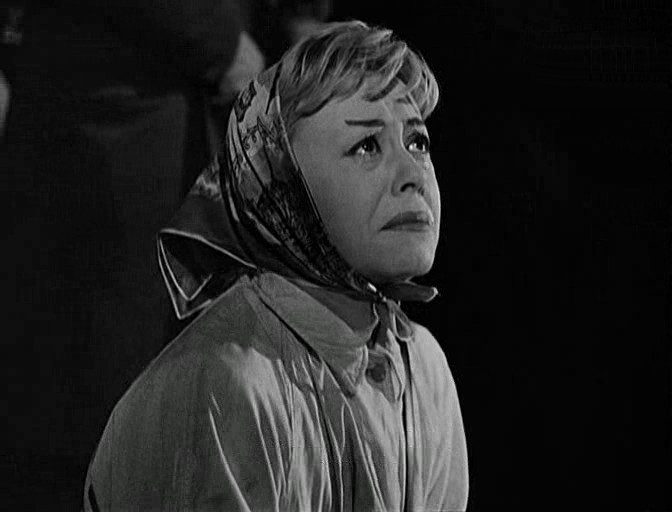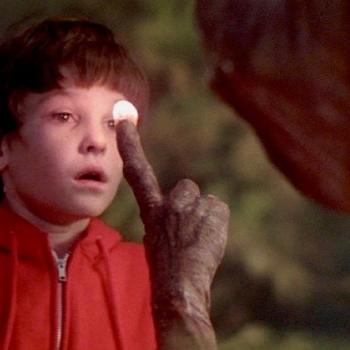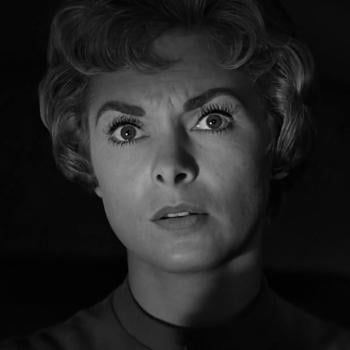
If there is any part of the human condition more constant than the search for happiness, it is the fear that one will never find it.
This is the hanging question for the titular character in Federico Fellini’s 1957 masterwork, Nights of Cabiria. For reference, the movie begins with Cabiria’s lover pushing her into a river and taking her purse while leaving her to drown. This is a window into the life of our protagonist, the spunky yet tender-hearted Cabiria, and it instantly lets us know she is a woman for whom happiness has proven somewhat elusive.
Happiness, it feels, is not a permanent state for Cabiria. It is only something that is ever teased for her–something technically in reach, but it feels like she’ll never truly get her hands around it. She is not unlike us in this way. Our individual circumstances may differ (she is a prostitute living in 1950s Italy), but Cabiria’s search for happiness in an unforgiving world has a great deal of universality.
For most of the film, Cabiria defines happiness as having a romantic lover to sweep her off her feet (one who won’t shove her into a river and steal all her money), and she’ll wander all over Rome to find him. There’s an episode where Cabiria thinks she has struck gold when she witnesses a famous movie star breaking up with his girlfriend right in front of her. What good fortune is hers when said movie star’s attention falls to her immediately after, and he invites Cabiria to a nightclub, and then to his apartment. But of course, the old girlfriend gets to crash the scene, and movie star is more than happy to take her back, ushering Cabiria into the bathroom before his old flame can find out she was ever there. (The film even likens Cabiria to a stray puppy that this movie star scooped up from the street.) And just like that, her fairy-tale romance is up before the clock even gets to strike twelve.
A part of the error in Cabiria’s thinking is the assumption that happiness is something that must fundamentally alter her world. Her prayer to The Virgin Mary is for her to “change her life.” This fixation is part of what leaves her vulnerable, vulnerable to people who wear the guise of romance to manipulate Cabiria for their own selfish purposes before taking what they want and leaving her with nothing. This isn’t to say that she deserves her mistreatment by any means, but you do see the shift in Cabiria at the very end of the film once she internalizes that happiness is inherent in life itself.
Happiness is never as straightforward as praying for God to change our life in part because happiness does not depend on our external circumstances. It is not denied us based on our station in life. To pursue it is a human right, but you can find happiness anywhere, even walking down the street alongside strangers.














